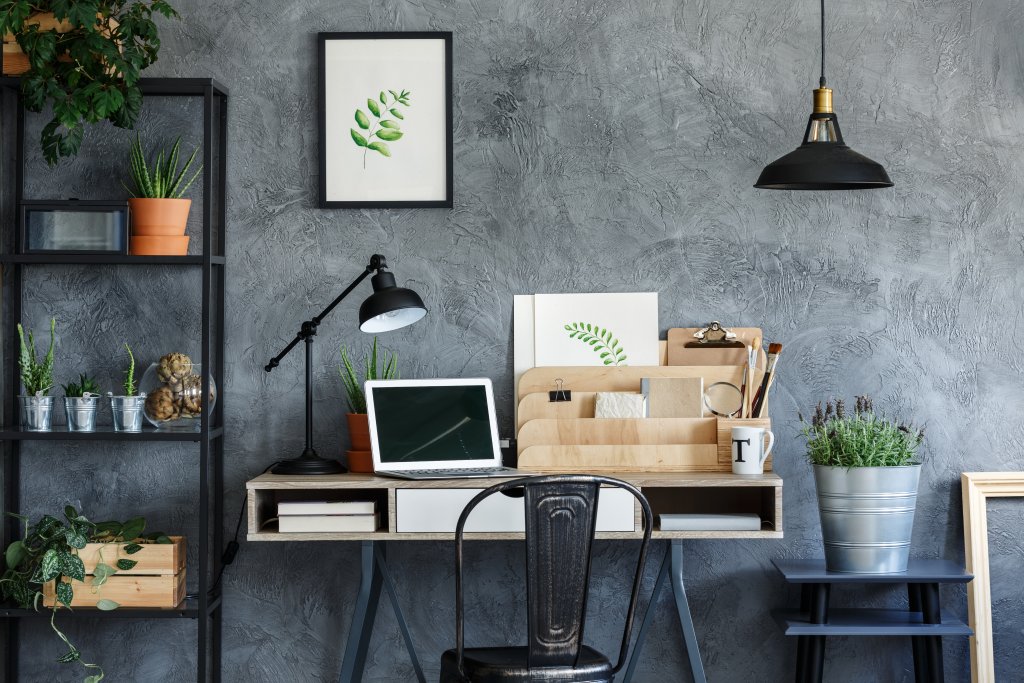Inside: Consider what is truly important in your life as you reflect on the lessons learned over the past few years.
The last few years have certainly given us a lot to think about and challenged us in various ways.
We’ve come a long way from lockdowns and toilet paper shortages, but there’s no denying that the world has changed in many ways since 2020.
For some of us, it’s easy to point out the things that have changed – and the ways we’ve personally changed. But for others? It can be hard to pinpoint exactly what has shifted over the last few years.
If it’s been a minute since you’ve thought about what’s truly essential in your life – what matters most and helps you feel fulfilled – it’s an exercise I’d strongly recommend.
You’ll be able to more clearly define your priorities, determine how to spend your time and energy, and identify what brings you joy – and brings you down.

How to Redefine What’s Truly Important In Your Life
It’s easy to overlook how much the last few years have changed us. After all, most of us were so caught off guard by all the changes that took place that we were in survival mode and tried to maintain some semblance of normalcy.
But now that we’re on the other side, it’s a good idea to pause, reflect, and make sure you’re clear on what’s actually important to you – and what’s background noise.
Here are a few things to consider as you navigate your thoughts…
1. Reevaluate what work style works for you.
One of the biggest revelations that have taken place over the last few years involves how we work – and how we balance our time.
Prior to the pandemic, many of us were working from an office every day of the week. If we were lucky, we could squeeze in an occasional work-from-home day – but the general expectation was that you commuted in, showed up, and did your job from your desk.
And then, all of a sudden, many people were working remotely – 100% of the time.
For many of us?
It was a welcome change.

Saved time & money
Instead of spending an hour of each day commuting by car or public transit, we get to start our mornings more slowly and end our days without the added stress of driving in traffic.
Rather than spending money on lattes and lunch, we get to sip our coffee from the comforts of home and step away to get a snack when we’re feeling hungry.
Instead of spending money on business casual attire, we’ve learned that we can be comfortable and professional and productive.
And instead of getting to the office early and staying late, many of us realized that we could succeed at our jobs without sacrificing all of our spare time and energy.
Flexibility
On top of that, this newfound flexibility made many of us realize that we were only living where we were because of our jobs. Many people relocated to be closer to family, or to nature, or to simply find a better spot for their families that meets their needs.
Of course, these benefits aren’t universal. Everyone’s situation and preferences are unique.
Some prefer being able to get out of the house and go to an office occasionally to break up the routine; others are glad to be back in an office full-time.
But whatever you prefer, the fact is that most of us never had the opportunity to even consider it prior to 2020.

2. Take a good, hard look at your relationships.
Many of us came to realize how much we valued connection with others. The initial weeks and months (and for some years) of the pandemic were socially isolating.
And we felt it. We missed spending time with our friends, catching up on the weekends over coffee or grabbing dinner after work. While phone calls and video chats filled some of the void, it wasn’t a true replacement for that in-person connection.
But there were a few things learned from the experience. First – those video chats and phone calls? They weren’t all bad.
Many of us found ourselves reconnecting with old friends, bringing new life into old relationships. And as those we love moved away to new places, we found it easier to keep that connection alive.
Some of us also learned how important it is to declutter relationships. Creating some much-needed distance from certain friends and family members served as an awakening – a realization that those relationships were causing us stress and weighing us down.
If you haven’t already done so, think about who you spend your time with now. Compare that with who you spent your time with before the world changed. Chances are, you’ll notice you focus your energy and attention a little differently than you did in the past.

3. Consider how differently you spend your spare time – and what truly brings you joy.
Over the last few years, many of us have shifted the way we spend our time outside of work.
In the early days of the pandemic, we spent a lot of time at home. Happy hours, family vacations, exercise classes, and afternoons spent window shopping were brought to a very abrupt halt.
And during that time, some people decided to revisit old hobbies or try new activities. Did you join the banana bread or sourdough trend?
Some of us were lucky enough to rekindle our love for childhood passions or fall in love with a new activity we wouldn’t have ever dreamed of picking up in a pre-pandemic world.
Think about how you’ve spent your time over the last few years. Maybe you’ve started reading more books, or started to write your own.
Perhaps you’ve picked up a new instrument, learned how to sew, or adopted a yoga practice that you can carry with you wherever you go.
You might’ve spent more time in the kitchen, falling in love with the process of trying new recipes and expanding your palate – and knife skills.
Maybe your family spent more time playing board games together or enjoying hikes.
Or maybe you realized just how much you love those things you couldn’t do – the joy you feel when you attend a live concert, or the exhilaration that comes with exploring a new place.
By reflecting on how we used to spend our time and how that has shifted over the last few years, you may come to realize that nothing has changed – or that everything has changed.
By considering the things you love and setting your top priorities, you can be more intentional with how you spend your time going forward.
Hopefully, you’re finding more time for what is truly important in your life.

4. Reflect on the bright spots & lessons learned.
Reflecting on the past few years and considering what is truly important in your life can be an eye-opening process.
There are lessons to be learned when life forces you to slow down, even if for a time, to consider what you’re spending your time and energy on.
You might have discovered that you’d been overscheduled so going forward you’re more protective of your time. Perhaps you learned how to adopt a slower pace and simplified your life in the process.
Some people took the opportunity to refocus on their health and created new habits they’ve carried into the present.
Others looked around at the stuff in their home and decided to take the opportunity to declutter it. Now they’re enjoying the benefits of having a simplified space.
Or perhaps you noticed that you’d been taking certain things for granted and learned instead to notice the simple joys in life and be grateful for even the little things.
There are various ways to be more intentional in your life. Whether you made big life changes, or small adjustments here and there, growth can come from challenging situations.
What realizations did you have during the past few years? How can you carry those perspective shifts into your life going forward? Taking some time to think, reflect, and write down the lessons learned can help you to continue to remember them in your daily life.
What is truly important in your life? Leave a comment and let me know!
Sign up on the form below to get weekly decluttering and simplifying inspiration sent straight to your inbox. You’ll also get the free 8 Quick Wins for Decluttering Worksheet to help you start to simplify your life today.

